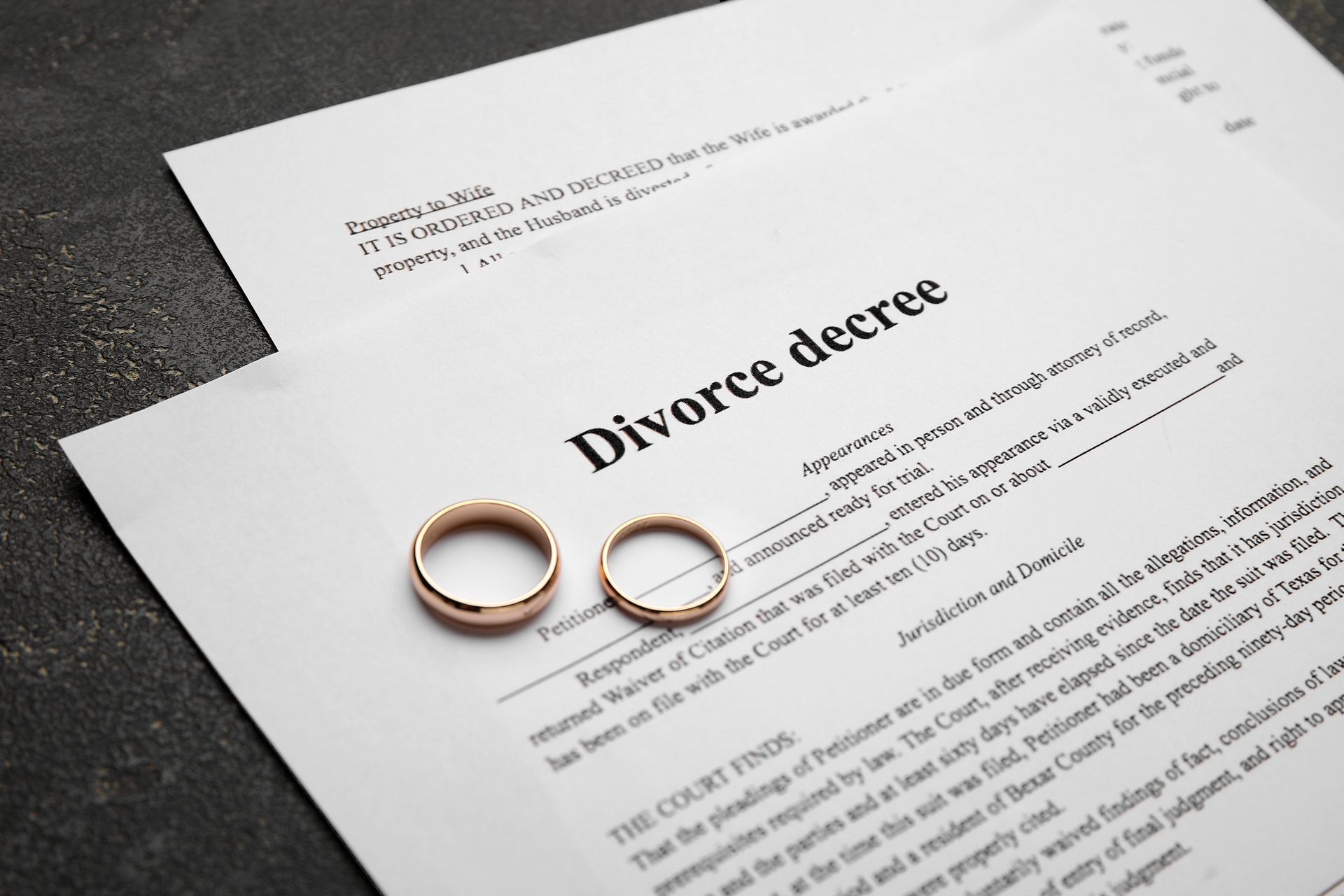Our Legal Blog
Your Resource For Legal Information

Divorce is never easy, but when both spouses cannot agree on key issues, the process becomes more complicated and emotionally charged. In Michigan, contested divorces can involve disputes over property division, child custody, spousal support, and more. Because of the complexity and high stakes involved, it’s essential to understand the legal process and your rights if you’re facing a contested divorce. In this post, we’ll discuss what constitutes a contested divorce in Michigan, the steps involved, and what you can do to protect your interests.

Weapon charges in Michigan carry severe consequences that can impact your life in significant ways. Whether you're facing charges related to illegal possession, concealed carry violations, or even assault with a deadly weapon, it's essential to take these charges seriously. The potential penalties include hefty fines, probation, jail time, and a permanent criminal record, which can affect your employment prospects, housing options, and personal relationships.

When it comes to employment, a criminal conviction can be a significant obstacle for candidates. Many employers are concerned about potential risks and liability, particularly related to sensitive positions or those that involve direct interaction with clients or the public. However, the question of what employers can ask about criminal convictions during the hiring process is not always clear-cut. As an expert in employment law, I am often asked by clients: What can an employer ask in an interview? The answer depends on various factors, including your location, the position you are seeking, and other legal considerations.

Filing for bankruptcy can be an overwhelming process, especially when navigating through the complex and confusing legal system. In chapter 13 cases, it is essential to have a bankruptcy attorney by your side to ensure that all your legal proceedings run smoothly. While anyone can file for chapter 13 bankruptcy without an attorney, having legal representation can make all the difference in the outcome. In this blog post, we'll discuss the primary role of a bankruptcy attorney in chapter 13 cases and why you should hire one when filing.

White collar crimes, such as fraud and embezzlement, are threatening Michigan’s financial stability. The state has one of the highest rates of financial fraud in the U.S., with reports of fraudulent activities increasing year by year. Fortunately, the legal system is determined to tackle financial crimes, and the state has taken a hard stance on white-collar crimes. However, understanding how white-collar crimes are prosecuted can be complicated. In this blog, we’ll discuss the legal process for prosecuting white-collar crimes, the penalty for such offenses, and how an attorney can help you if you’re facing these charges.





